Addressing Food Insecurity in King County During the Pandemic
As the coronavirus pandemic deepens the economy’s woes, more and more families are having trouble putting food on the table. While United Way of King County has mobilized AmeriCorps members to make, box and deliver meals, more needs to be done. Food banks and other meal sites are running low on food and volunteers.
During this week’s COVID-19 livestream update, Lauren McGowan, United Way’s senior director for ending homelessness, was joined by Angela Dunleavy-Stowell, CEO of FareStart, to discuss the hunger crisis caused by the outbreak. FareStart is a non-profit organization that helps people overcome homelessness and poverty by teaching them food industry skills.
The two leaders discussed what FareStart is doing to help to relieve hunger and the organization’s efforts to keep schoolchildren fed. Many low-income families rely on the free and reduced-price meals their children get at school. With school closures, those families are struggling to feed their families.
A natural pivot for FareStart
Dunleavy-Stowell said her organization was already providing meals to the community through their training program.
“This was a natural pivot for us to go to emergency meals, once we saw that our other social enterprise training classrooms at restaurants, cafes and catering were not going to be operable. It was a really interesting transition,” Dunleavy-Stowell said.
Dunleavy-Stowell added that FareStart was providing 5,000 meals per week to the community before the crisis but now serves over 10,000 a day. She said they have provided 250,000 meals since the outbreak began.
Racial disparities and hunger during COVID-19
Dunleavy-Stowell stated that the populations that FareStart is serving are disproportionally affected by racial inequities. She said part of the work involves accessing the communities where people are living and addressing food justice and race equity.
“It’s meeting people where they are and going into communities that need it most, and oftentimes those are communities of color,” Dunleavy-Stowell said. “We’re really targeting and making sure we’re getting into those sites and locations.”
AmeriCorps and volunteers
McGowan said United Way is hiring 100 HungerCorps, a team of AmeriCorps VISTAS who will work to respond to the food insecurity caused by the pandemic. She said United Way currently has hundreds of AmeriCorps members and volunteers who are serving food every day with partner agencies.
“I have been so inspired by the way the community has come together,” McGowan said. “It’s amazing to see, but we know we have challenges.”
“There’s plenty of food out there, but access to it isn’t equitable. Times like this show the systems we have aren’t working as well as they could or should.”
Lauren McGowan
Addressing food systems for the future
McGowan and Dunleavy-Stowell agreed that a more robust emergency food system is needed for future crises, especially because the current structure has shown its weaknesses.
“There’s plenty of food out there, but access to it isn’t equitable,” McGowan said. “Times like this show the systems we have aren’t working as well as they could or should. It’s one of the reasons we have been thinking about how to get the food purchasing power into the hands of people who are able to shop.”
“As this becomes a protracted event where folks are out of work for a long period of time, and there’s such a strain on the food system right now, we need to be creative in finding ways to get meals to families who need them,” Dunleavy-Stowell said.
The livestream was sponsored by the Safeway Foundation.
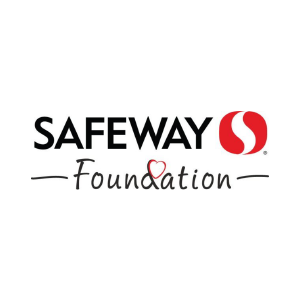

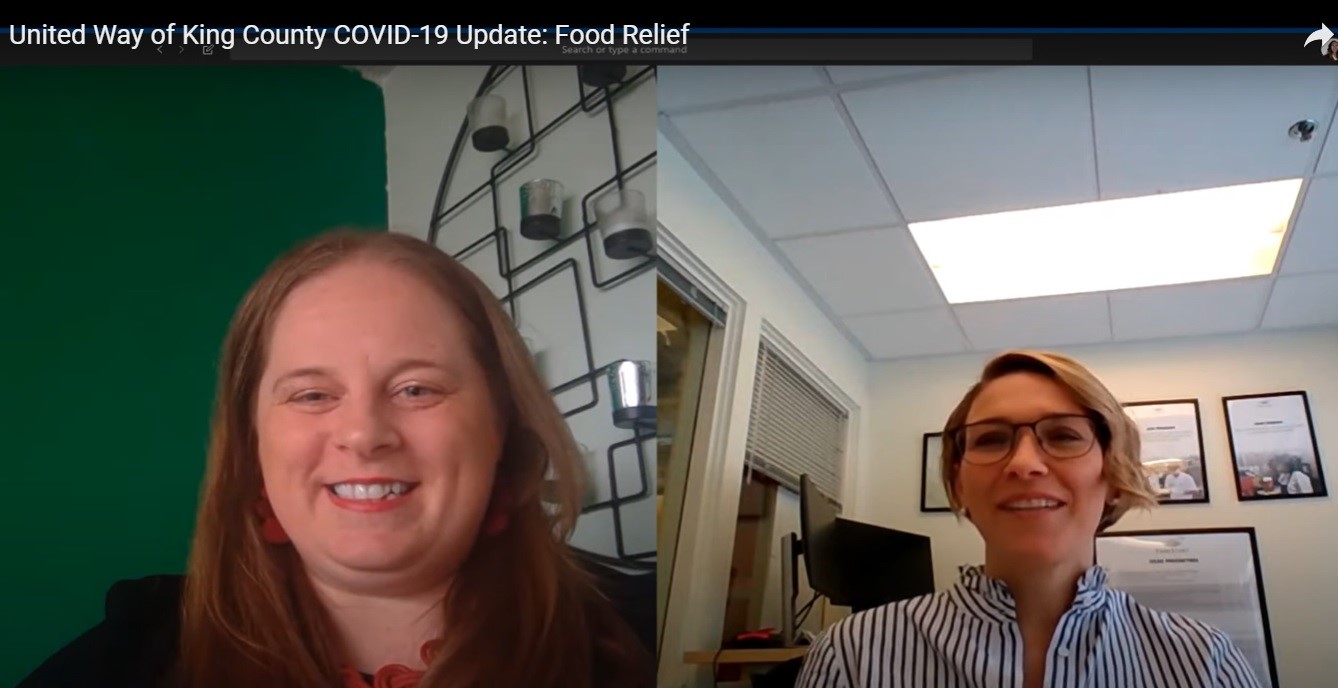
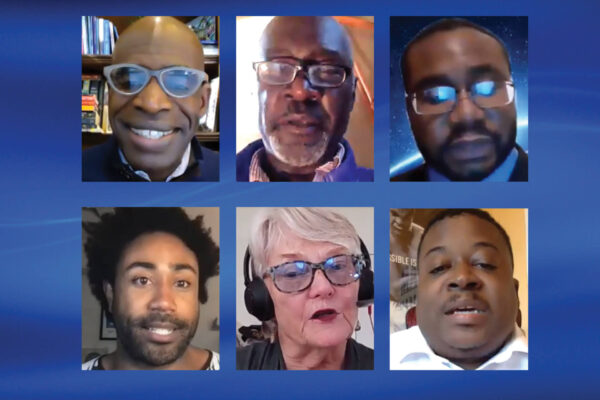
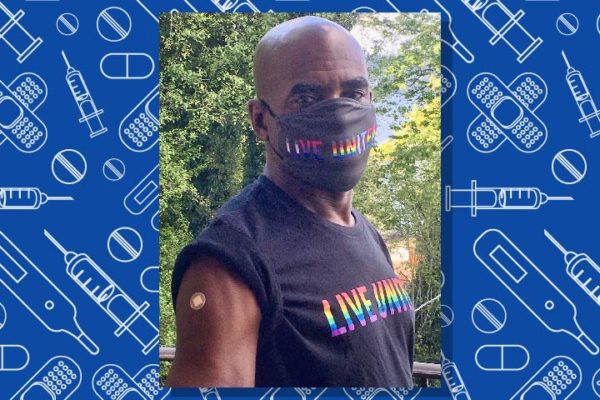
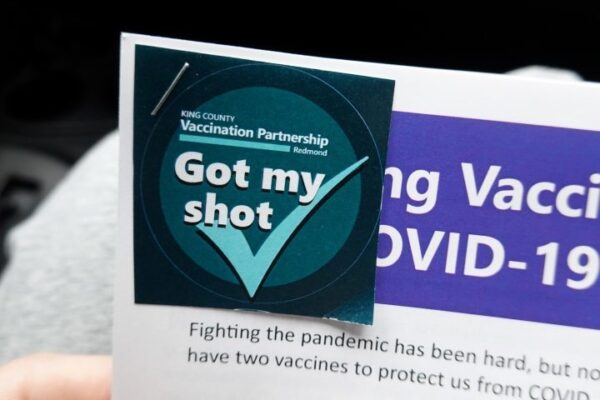
Comments